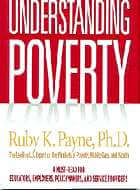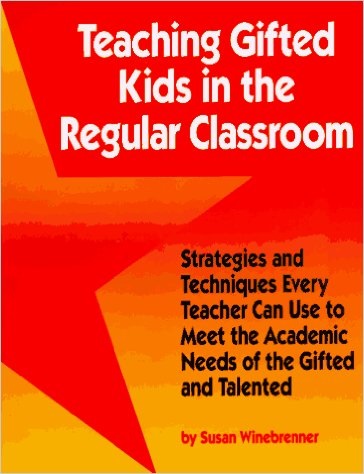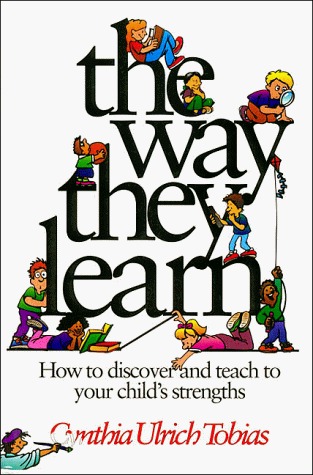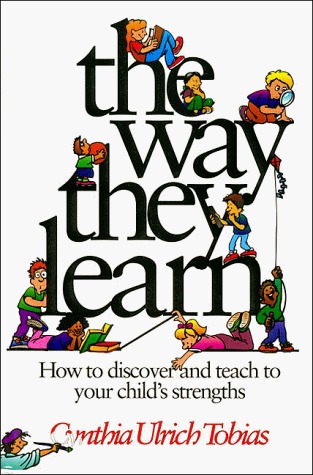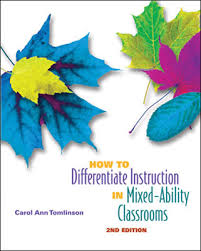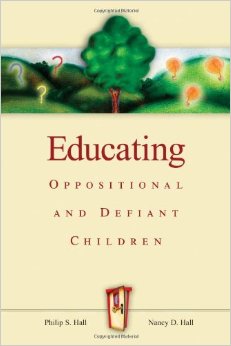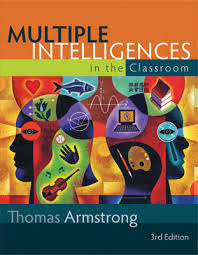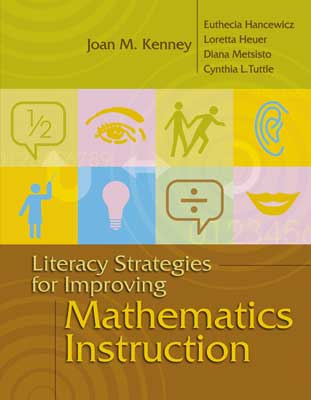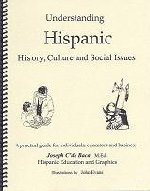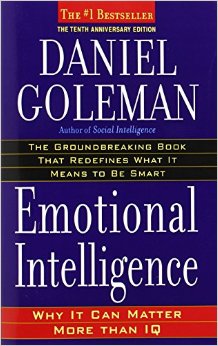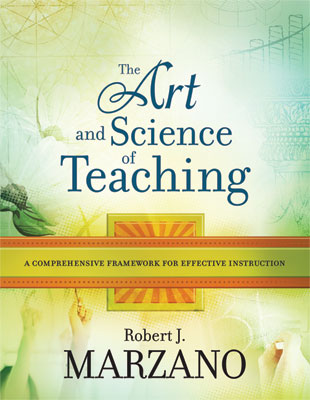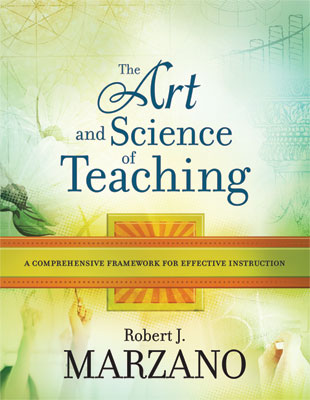“Awesome! I just finished the Gifted Learner course and will be e-mailing it right away. I will sign up for that course you suggested too. Thanks so much for helping me with this. It is so nice to talk to an actual person, especially one who is helpful. Be looking for my work.”
- 3 Credits -
3 Semester Credits
(post-baccalaureate
PD credits for re-certification and
pay-lane increases)
- accredited nationwide
- start any time
- up to 5 months to complete
- independent study
- all course materials included with course tuition
- view FAQ
Instructor:
Dr. Drew Schwartz
Accredited By:
- University of California San Diego
- Lindenwood University (Missouri)
(choose after course checkout)
Course Description
This video course offers research-based, trauma-informed tools designed to help you support students in taking RESPONSIBILITY for their behavior. Practical tools relate to topics including...
View Full Course Description
$489
3 Semester Graduate Credits
Empowered Behavior- Trauma-Informed Practices
- 3 Graduate Credits -



Course Objectives
From this course, participants will:
- Deepen understanding of socioemotional and cognitive (thoughts) factors which
contribute to student behavior - Learn practical tools related to mindfulness which can be embedded into daily work
- Learn practical tools related to trauma-informed practices
- Develop practical tools related to proactive behavior management
- Develop proactive tools related to responding (not reacting) to behavioral issues
- Learn a practical tool related to restorative practices
- Develop strategies for your own (and your students’) wellness and socio-emotional success
- Learn tools which are a part of a system of support designed to empower student responsibility for their behavioral (and emotional) success
Credit Hours
3 Semester Credits (post-baccalaureate professional development credit)
Course Instructor
Dr. Drew Schwartz
Accredited By:
- University of California San Diego
- Lindenwood University (Missouri)
(choose after course checkout)
Grade Type
University Transcript: Letter Grade
Empowered Behavior- Trauma-Informed Practices
What Others Are Saying...

